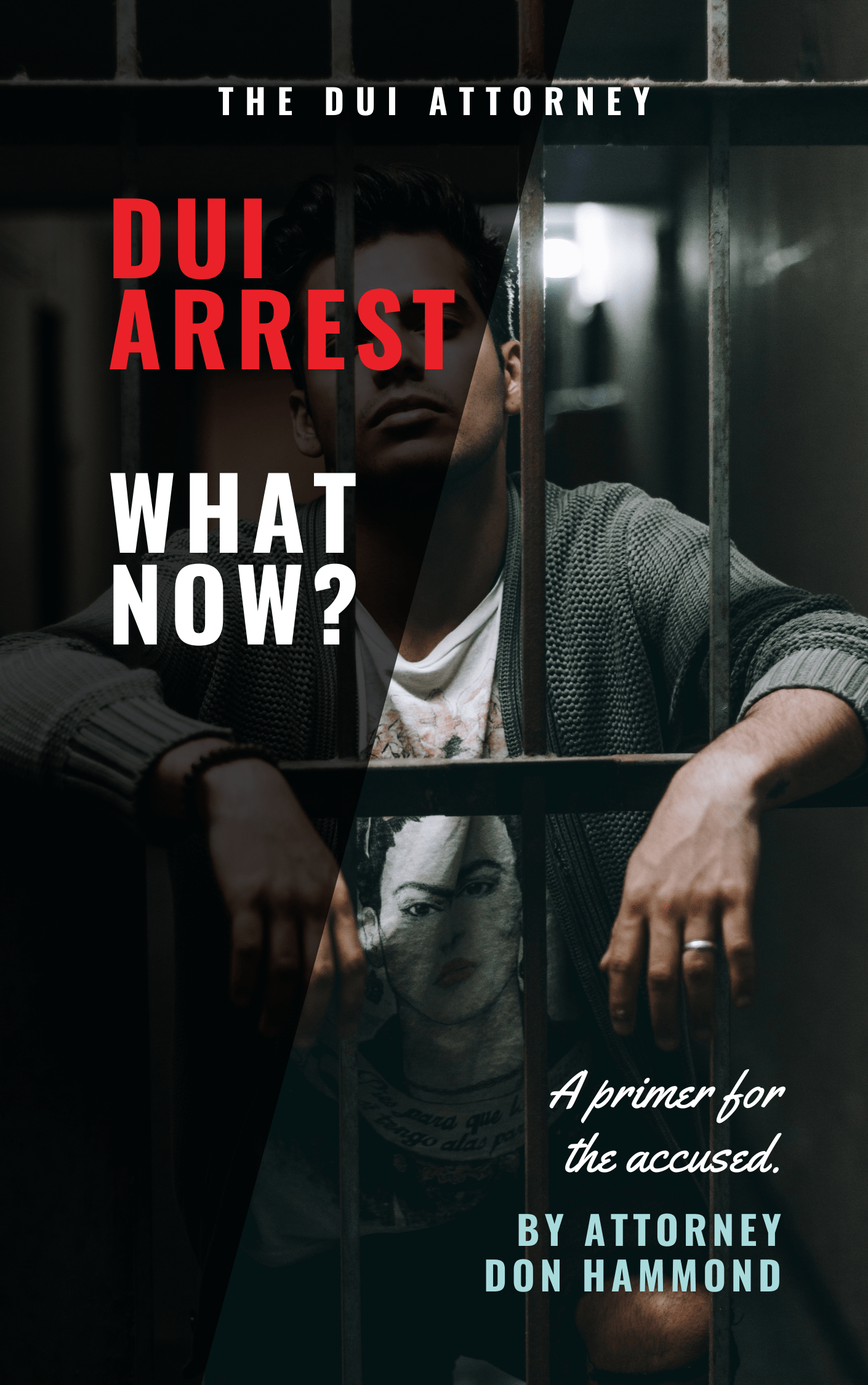
A DUI case involves specific legal steps that must be followed procedurally, or law enforcement and the prosecution risk the case falling apart. Even before police can make an arrest, they are tied by stringent legal procedures they must follow. During the initial interaction, police must have substantial evidence against you and a reasonable suspicion before making an arrest and following through with an investigation. Sometimes errors might happen that you would otherwise not be aware of, which could help get your case dismissed. For the most part, a DUI defense attorney would know how to fight the charges, but if an attorney isn’t an option, you need to arm yourself with substantive knowledge before making this choice.
What You Need To Know Before Representing Yourself
The investigation is the first step in a DUI case process. Contrary to popular belief, an investigation will start the minute you get pulled over for a traffic violation, at a DUI checkpoint, or whenever the officer has a reasonable suspicion of a DUI offense.
After this initial interaction, the officer will report his or her observations like how you were driving, why he or she stopped you, or the signs of intoxication you displayed. The officer will then ask to subject you to an array of roadside tests, also called Field Sobriety Tests.
But here’s the kicker; since Field Sobriety Tests are NOT mandatory, drivers can always refuse to take any, and we strongly advise that you don’t subject yourself to any roadside tests. In fact, we urge drivers suspected of DUI to exercise their right to say as little as possible and refuse the roadside tests. Complying with these tests only gives the police and law enforcement more evidence to build a case against you.
In most cases, officers will be adamant and will most likely proceed with making an arrest for driving under the influence under Section 23152(a) of the California Vehicle Code. After the officer makes a formal arrest, you’ll be taken to the local hospital or police station to take a breath test and a blood or urine test.
Unfortunately, a chemical test is mandatory under Section 23612 of the California Vehicle Code, and refusing to take one will add refusal allegations to your charges. This is a perfect example of implied consent law that not many drivers know when getting their licenses. Once the prosecutor formally charges you with a DUI, you have the option of representing yourself, hiring a private defense attorney, or opting for a public defender if you qualify for one.
For obvious reasons, representing yourself is a bad idea during a legal process. Attorneys have the experience and knowledge to prevent a conviction; extensive Google research just won’t cut it this time. An experienced DUI attorney has most or all of the traits we discussed in this article; What makes a great DUI attorney? If you are worried about the cost of hiring a criminal defesnse attorney, we offer paymet plans through lendingUSA. Nevertheless, if going pro se is the only option at the table, there are a few defenses you can use to tip the scales to your favor.
Useful Defense Strategies
An experienced DUI defense lawyer can tell you for a fact that a DUI arrest doesn’t have to lead to a conviction. You can always fight these charges and avoid the penalties if you have a strong defense strategy. A DUI attorney will generally try to prove three things; that you weren’t actually intoxicated, that your driving wasn’t impaired, and that the arresting officer didn’t follow the correct legal procedures. That said, here are a few defense strategies you can use to beat DUI charges.
- The officer made an unreasonable traffic stop – Police officers need to have a reasonable suspicion that a driver has committed a crime. It doesn’t have to be something as bizarre as street racing. The officer only needs to observe a traffic violation like a broken tail light to have enough reason to pull over a driver, unless it’s a DUI checkpoint. In California, law enforcement usually performs scheduled sobriety checks at predetermined points. The DUI checkpoints can be grounds to dismiss a DUI case since there are several procedures law enforcement agencies do not always follow. In no way should police officers stop drivers based on a “hunch.”
- Challenging field sobriety tests – the authenticity and validity of roadside tests have often been challenged by advocates across states and continue to be the subject of debate in the legal field. The prosecution often relies on these tests to win even though FST notoriously give false results. For example, the one-leg stand or walk the line tests have often failed sober people with pre-existing conditions. Other factors like fatigue, vertigo, and prescribed medication can impact these tests as drivers may appear like they’re under the influence. The Horizontal Gaze Nystagmus is usually considered a reliable piece of evidence, but the examination may reveal similar results for drivers with neurological dysfunction, medical intoxication, or brain damage. The bottom line is that Field Sobriety Tests are highly unreliable, which is why challenging them is a must as part of a good defense strategy.
- The officer lacked probable cause for the arrest – This defense strategy is similar to the first one in that police can only make an arrest if they have probable cause of you violating a law. Mere speculation and gut feeling would not suffice to hold a case in court as police officers have to present evidence in the court of your impairment. They also need to explain in great detail the reason for making the stop.
- The officer violated Title 17 on blood and breath testing – A breathalyzer is the most common device used by police officers to gauge alcohol level. They have to regularly maintain this device to keep the results as accurate as possible. Regular maintenance may include calibration and testing, proper collection, handling, and storage. Aside from appropriate care, police officers are also required to train on conducting the tests during their interaction with the suspect. Failure to follow all the stipulated regulations could lead to unreliable results. If you want to successfully defend your case, you may use failure to follow any one regulation to question the investigation’s evidence.
Why a DUI Criminal Defense Lawyer Can Help
Since you now have some useful information on how to beat DUI charges, we can only hope that this will be enough to win your case. However, we can’t guarantee a favorable outcome for pro se defendants. DUI cases are complex criminal matters that involve biology, toxicology, and legal analysis. It would be in your best interest to have an experienced DUI criminal defense lawyer representing you. Attorney Don Hammond has over a decade of experience fighting DUI charges in Southern California and can help defend you against a conviction. To learn more about your DUI charges, call us now at +1 323-529-3660 to discuss your case.










